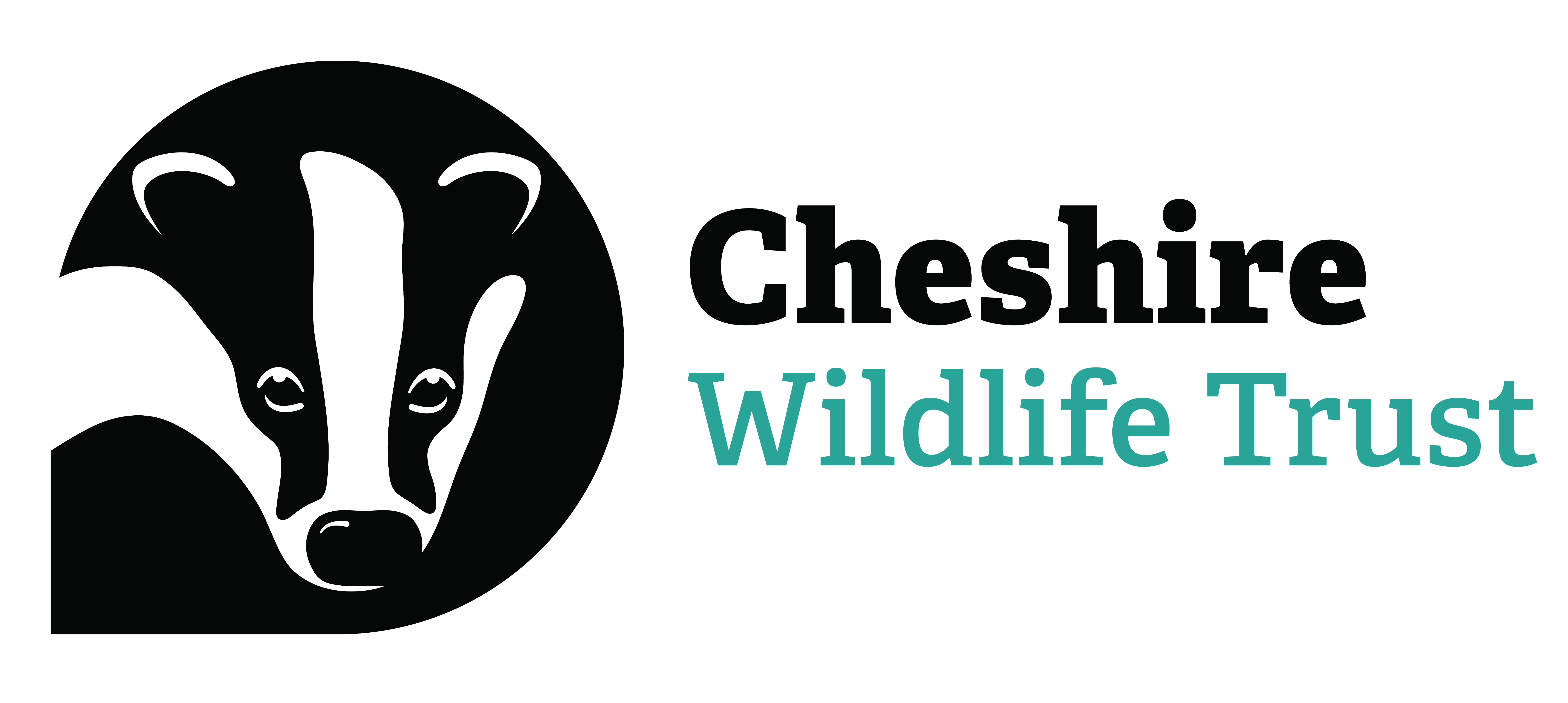Cheshire Wildlife Trust has a long history of working collaboratively across the region to create healthy peatlands. In recent years this has included work across the Delamere landscape re-wetting areas of peatland to restore rare mossland habitats. Through this work specialised plants such as sundew, bilberry, cranberry, bog rosemary and royal fern, as well as butterflies, dragonflies, and reptiles have been able to recolonise the landscape.
The Trust has also recently received funding from the Defra Peatland Restoration Fund to restore peatland at Holcroft Moss in Warrington and Danes Moss near Macclesfield. The funding was used to create bunds/dams which will retain water on the sites to help support the growth of specialist bog plants and restore the habitats.
In developing the strategy, the IUCN UK Peatland Programme has involved stakeholders from across Government, third sector, scientific and land managing communities. Dr Emma Goodyer, strategy lead and Programme Manager of the IUCN UK Peatland Programme said: “Collaborative action to bring about healthy peatlands is essential if we are to achieve the landscape-scale change required. That is why it was important to develop this strategy as a collective spanning across those involved in their management. Only by working with others towards a shared vision will we be able to realise our target of two million hectares of peatlands in healthy condition by 2040, and so ensure benefits not just for the animals and plants that depend on them, but for society as a whole.”
The IUCN UK Peatland Programme was set up in 2009 to promote peatland restoration in the UK. The Programme advocates the multiple benefits of peatlands through partnerships, strong science, sound policy and effective practice. The work of the Peatland Programme is overseen by a steering group made up of representatives of key environmental organisations that includes Wildlife Trusts.
Martin Varley, Director of Conservation at Cheshire Wildlife Trust said: “Over the last few years, we have worked with partners to restore mossland habitat through scrub-clearance, rewetting areas of peatland to create pools, and controlling invasive species. This work also provides wider environmental benefits. Before restoration much of the peat on the sites was drying out causing it to break down and release carbon into the atmosphere. Through it being rewetted, it allows it to store carbon once again and soak up rainwater. Peatlands are a fantastic resource and these small restoration projects have multiple benefits to the environment. Peat bogs are great for carbon storage, and there are also natural flood management benefits and improvement to water quality to local watercourses. Improving conditions at the sites helps increase bog plants such as sphagnums, bilberry and sundew, and a whole host of invertebrates and birds.”
Whilst knowledge of peatland habitats continue to improve, there is clear scientific evidence of the often immediate benefits to be gained for water, climate change, wildlife and land management. Only healthy, functioning peatlands can deliver these benefits.
The UK Peatland Strategy encompasses all peatlands in the United Kingdom. It sets the context for action led by the devolved administrations’ in England, Scotland, Wales and Northern Ireland and recommends six goals to achieve change.
These cover conserving, restoring and enhancing the best peatlands; returning damaged peatlands to functioning ecosystems; adapting management of drained peatlands; managing healthy peatlands with compatible land uses sustainably; and communicating the value of peatlands to a wide audience.
For more information on the IUCN UK Peatland Programme or to download a copy of the UK Peatland Strategy please visit www.iucn-uk-peatlandprogramme.org.
